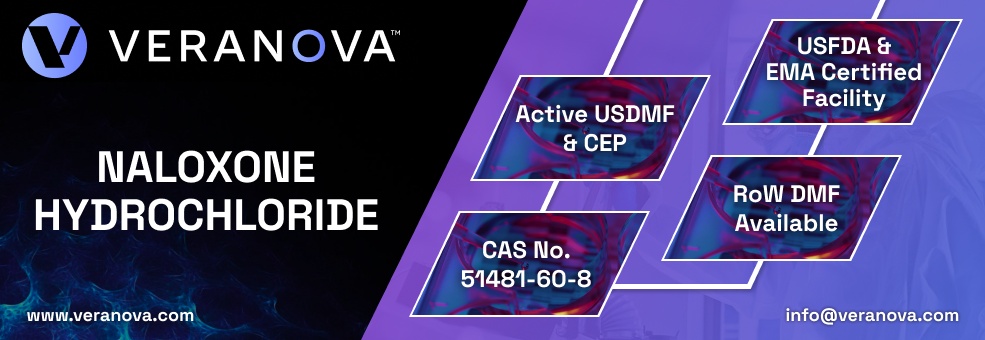


02 Apr 2025
// PR NEWSWIRE
https://www.prnewswire.com/news-releases/padagis-extends-the-shelf-life-of-naloxone-hci-nasal-spray-4-mg-to-36-months-302418811.html

20 Mar 2025
// GLOBENEWSWIRE
https://www.globenewswire.com/news-release/2025/03/20/3046184/33240/en/Hikma-announces-Health-Canada-approval-of-KLOXXADO-naloxone-HCl-Nasal-Spray-8-mg.html

13 Mar 2025
// GLOBENEWSWIRE
https://www.globenewswire.com/news-release/2025/03/13/3042105/0/en/Polyrizon-Launches-Preclinical-Studies-for-Intranasal-Naloxone-to-Combat-Opioid-Overdose-Using-Cutting-Edge-Platform.html

10 Mar 2025
// GLOBENEWSWIRE
https://www.globenewswire.com/news-release/2025/03/10/3039648/0/en/Polyrizon-Initiates-Preclinical-Studies-for-Intranasal-Naloxone-Targeting-Opioid-Overdose-Based-on-Its-Innovative-T-T-Platform.html

06 Mar 2025
// GLOBENEWSWIRE
https://www.globenewswire.com/news-release/2025/03/06/3038102/0/en/SCIENTURE-to-commercially-launch-REZENOPY-a-life-saving-opioid-overdose-emergency-treatment-through-a-collaboration-with-KINDEVA-DRUG-DELIVERY-L-P.html

03 Feb 2025
// PR NEWSWIRE
https://www.prnewswire.com/news-releases/padagis-naloxone-now-the-lowest-priced-opioid-overdose-treatment-available-on-amazon-302366429.html
